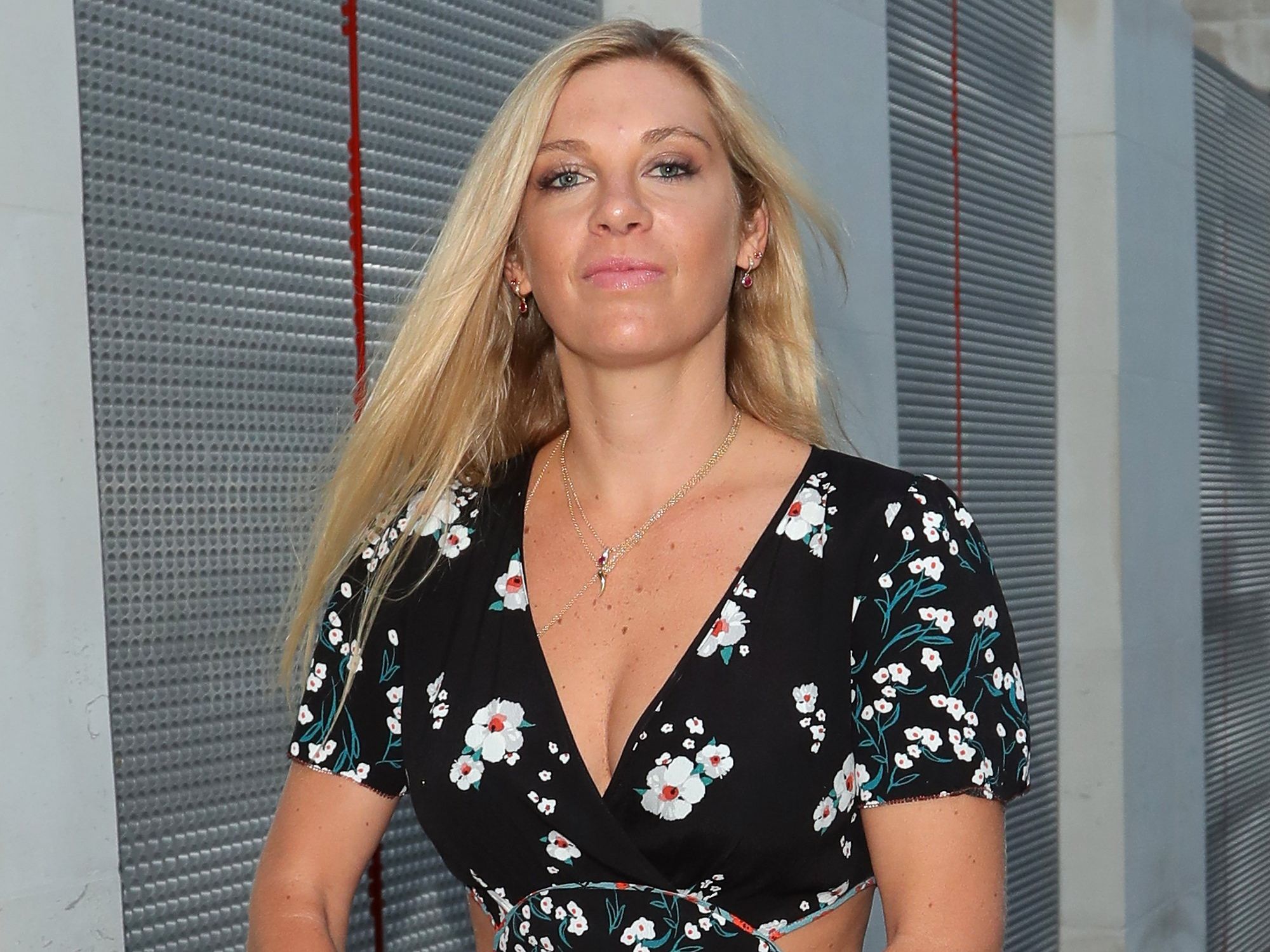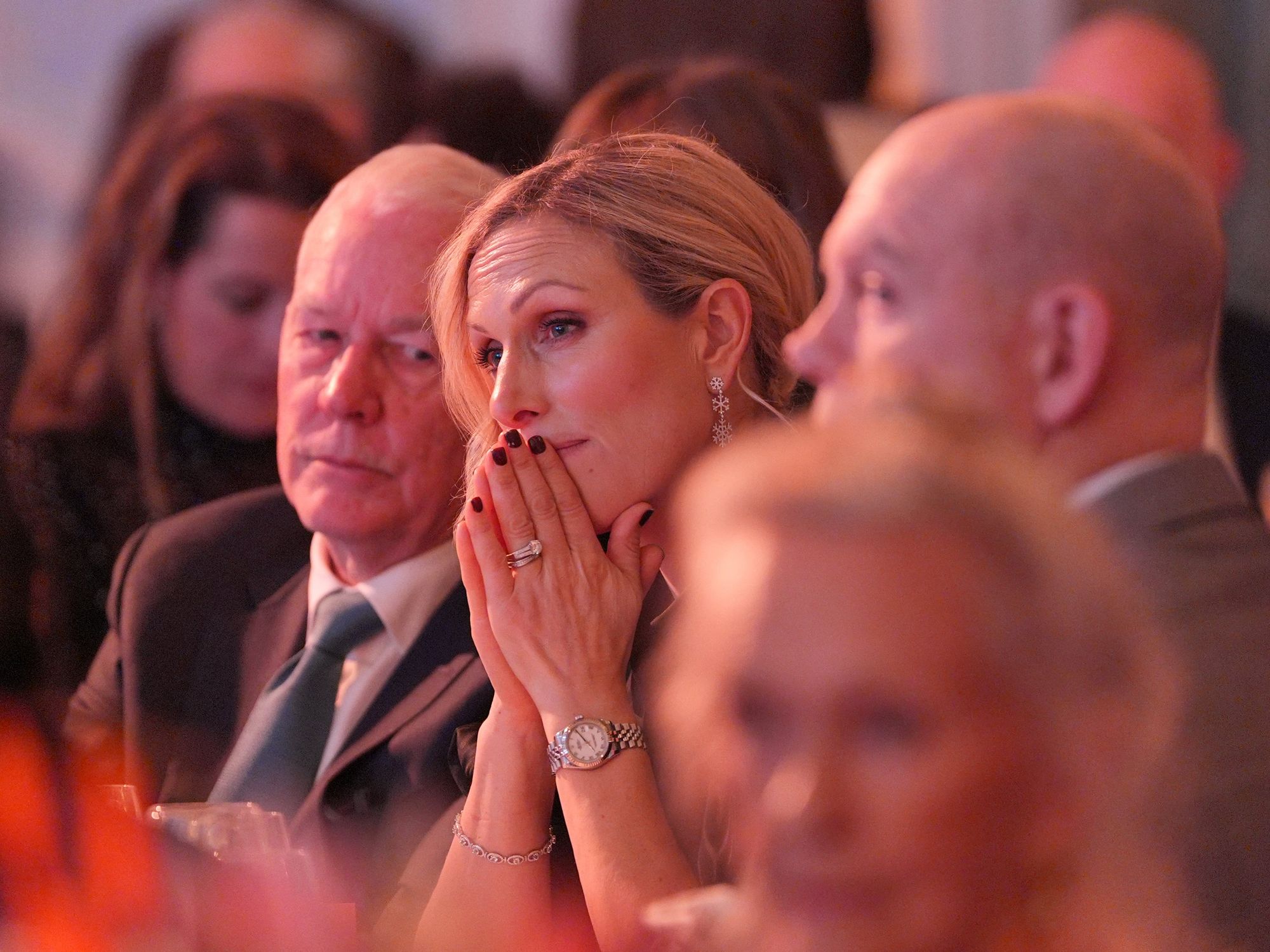Environmentalists condemn new fishing quotas for EU nations
The Oceana environmental group said the new quotas allow for 'the continuation of overfishing for a third of catch limits in 2022'.
Don't Miss
Most Read
Latest
European Union nations have set fish catch quotas for next year in an attempt to protect fragile stocks and fishing fleets at the same time, but environmentalists claimed they will protect neither.
The traditional year-end bartering session between EU coastal nations to secure catch rights for their fishers often clashes with the advice of scientists to contain overfishing.
Even though some catches were reduced to safeguard the survival of species — like the one-third cut of sole totals in the Gulf of Biscay and some bans on targeted cod fishing — others were kept to guarantee the survival of threatened fishing communities.
The compromise result, said Slovene minister Joze Potgorsek, who chaired the talks, “will allow us to maintain fish stocks at sustainable levels while also protecting the livelihoods of European fishing fleets”.
Environmentalists said economic profit for the industry comes at the cost of ocean sustainability and complained that some nations made no attempt to hide their economic goals.
French fisheries minister Annick Girardin put it simply: “A single line — the defence of quotas for French fishing.”
The EU had agreed to end overfishing and remain within stricter limits by 2020, but enforcing it has been problematic.
The Oceana environmental group said Tuesday’s result allows for “the continuation of overfishing for a third of catch limits in 2022″.
For decades, the EU allowed fishing to drive several species to the brink of commercial extinction before efforts over the past 10 years have brought a gradual recovery.
Environmental groups say this effort needs to be sustained before the seas off the EU will be restored to a natural balance.
On Tuesday they said EU ministers had failed to grasp that.
“Ending overfishing and ensuring abundant fish populations is in the interest of fishers, and these narrow-minded decisions will only jeopardise the health of our ocean, our planetary support system, and with it, the fishing industry,” said Andrea Ripol of Seas At Risk.











